Podcast: Play in new window | Download
Subscribe: RSS
Alan Moore is the co-founder of the XY Planning Network, a support network for advisors looking to serve next generation clients. He is also the CEO of AdvicePay, the first and only compliant payment processor for financial advisors, and host of the XYPN Radio podcast. He is passionate about helping financial planners start and grow their own fee-only firms to serve Gen X & Gen Y clients. Alan has been recognized by Investment News as a top “40 Under 40″ in financial planning, by Wealth Management as one of a “The 10 to Watch in 2015″, and was the first recipient of the NAPFA Young Professional award in 2015.
Takeaway quote:
“It’s hard to refer people to a generalist; it’s very easy to refer people to a specialist.”
Show Timeline
1:36 Introduction to Alan Moore
Education, first job experiences and challenges
5:10 The ‘lone wolf’ dilemma
Insights Alan gained from these early career experiences
9:14 The problem with the comfort zone
The importance of pursuing your passion in times of accelerated change
11:02 Passive loyalty vs. active loyalty
Examples of how technology and specialization will affect client retention going forward
14:22 Gaining and understanding of why target market matters
Alan’s realization about the types of clients and work that excited him
16:24 The pivot to XY Planning Network
Alan’s new business idea and partnership with Michael Kitces
19:27 The value provided by XY Planning Network
The platform Alan provides and the new paradigm around planning for the next generation
22:21 Why Gen X and Gen Y are not a niche
The next levels of specificity within this large segment of the population
24:40 Strategy for narrowing in on your ideal clients
Combining your own skills and passions with clients within a target market
27:41 What beer can tell you about using niche to drive referability
Developing a cult following within your business based on what you do best
30:15 How younger clients refer differently
The next generation’s attitudes toward finances and financial planners
32:45 The generational breakdown
The changing definitions of ‘younger’ clients and what attracts them
35:56 The value of thinking about who you would serve for free
Becoming more referable through your specialization, without asking for the referral
Links
Website: http://www.xyplanningnetwork.com
Podcast: http://www.xyplanningnetwork.com/advisor/radio/
Twitter: https://twitter.com/R_Alan_Moore
LinkedIn: https://www.linkedin.com/in/ralanmoore/
AdvicePay: https://advicepay.com/
Want more?
Stephen Wershing: www.TheClientDrivenPractice.com/checklistblog
Julie Littlechild: www.absoluteengagement.com/blog
Episode Transcript:
Julie Littlechild:
Welcome to another episode of Becoming Referable, the podcast that helps you be the kind of advisor people can’t stop talking about. I’m Julie Littlechild, and on this week’s show, Steve and I speak with Alan Moore. Alan is the cofounder of the XY Planning Network, but his actual title is Director of speeding Things Up, which you’ve got to love. Just by way of background, Alan cofounded the XY Planning Network with Michael Kitces, and they set out with a goal to create a network that supports and encourages financial advisors who they describe as forging a new path in the industry. They offer a turnkey solution for startup firms, but also work with existing practices who specifically want to get better at serving next-gen clients, but how they recommended you do that is really important, because as he’ll tell you, age is not a niche. We’ll talk to Alan about the role of niche in building a great business and we’ll talk to him about the unique needs of younger clients. With that, let’s get on with the show. We are here with Alan Moore. So excited to have you. Alan, I have to say, I wasn’t just excited to have you on the show because of the business that you run, although that’s obviously a big part of it. I love your story and your path here and some of the twists and turns it took. I’m hoping I can ask you a bit about that, but welcome. Thanks so much for being here.
Alan Moore:
Thanks so much for having me. I’m excited.
Julie Littlechild:
Maybe since I said there are twists and turns, maybe you can just start with a bit of an introduction to, where are you today? What does the business look like? And just a quick history on how you got here.
Alan Moore:
Yeah. I’ll start with the history real quick, because it definitely led me to the current state. I was lucky enough to get my degree in financial planning. Not a lot of folks can say that, just because they’re fairly new degree programs, but I got my undergraduate degree in family financial planning. Then, ended up staying for my Master’s degree because I was torn on if I wanted to be an academic or I wanted to be a practitioner. During grad school, I quickly learned that I did not want to be an academic, because there were too many politics, and I don’t manage politics well. I tend to be a very honest, just off-the-cuff type person and found out that doesn’t fit in well. I left to go for the dream job. I found Rick Kahler with Kahler Financial Group out in South Dakota. Phenomenal planner. One of the fathers of financial therapy and this blending of money and psychology, and went to work for him, and it was one of those scenarios of he’s in his mid-50s, I’m a young gun coming in, excited and over time I’ll take over the firm and be able to buy it out.
What I quickly learned was that while Rick and I were on the same page, his team and I were not, and his team was really happy with where things were at. They weren’t very growth-oriented, and didn’t really appreciate a 23-year-old hothead coming in and telling them that they could do their jobs better, I come to find out. I was there for a whopping 10 months before moving onto my second job. I worked for a firm in Wisconsin, sort of the same scenario. Come in, you’ll be able to open your own firm one day and be able to take over. Again, just didn’t sit well. The fit just wasn’t there. So, just after my 25th birthday, I got called into the boss’s office six months into that job and told not to come back on Monday, and got fired. I was torn on what do I do? I had to look at it and go, well, at some point, you have to realize I’m the problem. The definition of insanity is doing the same thing over and over and expecting a different result.
Julie Littlechild:
Very self-aware.
Steve:
What is it that they say? If you happen to meet a jerk at some point during the day, then he’s probably a jerk. But if everybody you meet is a jerk, then you’re probably the jerk.
Alan Moore:
It’s probably me. I realized that I wanted something that wasn’t available, and what I wanted was control. I wanted ownership. I wanted to be able to do things my way. The financial planning career path is a 10- to 20-year path, from a paraplanner to associate advisor to lead advisor to relationship manager. Whatever that path is, if you’re even fortunate enough to have one laid out for you, it’s never two to three years long, and I have about a six-month tolerance for anything in my life. So, to be told 10 or 20 years from now, you’ll get equity in the firm, I promise. I’m not going to put that on paper and sign it, but I promise, one day. Just didn’t sit well with me, so I decided, you know what? I have two options. I’m 25 years old. I have no money. I have no clients. I’m living in Wisconsin, where I’ve never lived before. I’m originally from Georgia. I said, I can either go take another job as an associate advisor in an RIA making decent money, or I can start my own firm and see what happens. If the firm succeeds, great. If it fails, I’ll got get a job as associate advisor inside of an RIA making decent money. I’m like, well, why not? Let’s give it a shot.

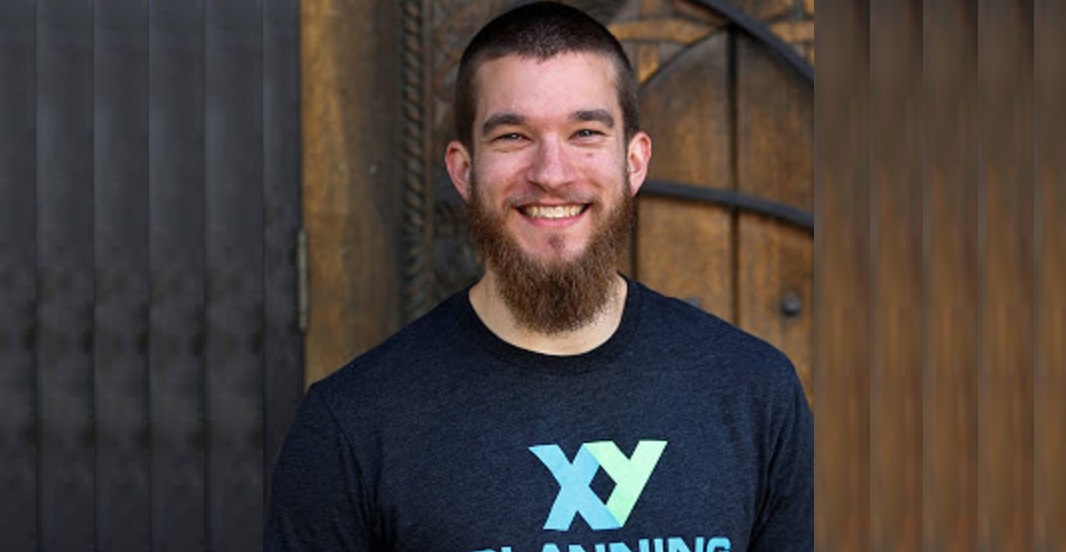
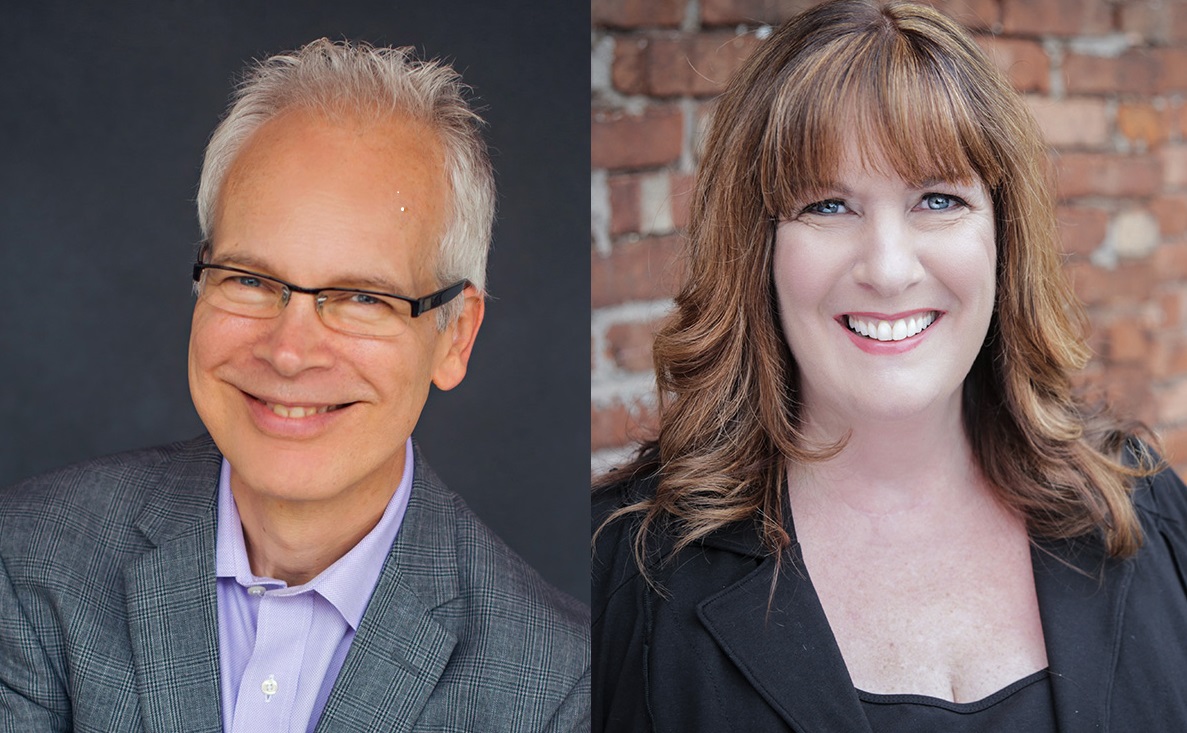
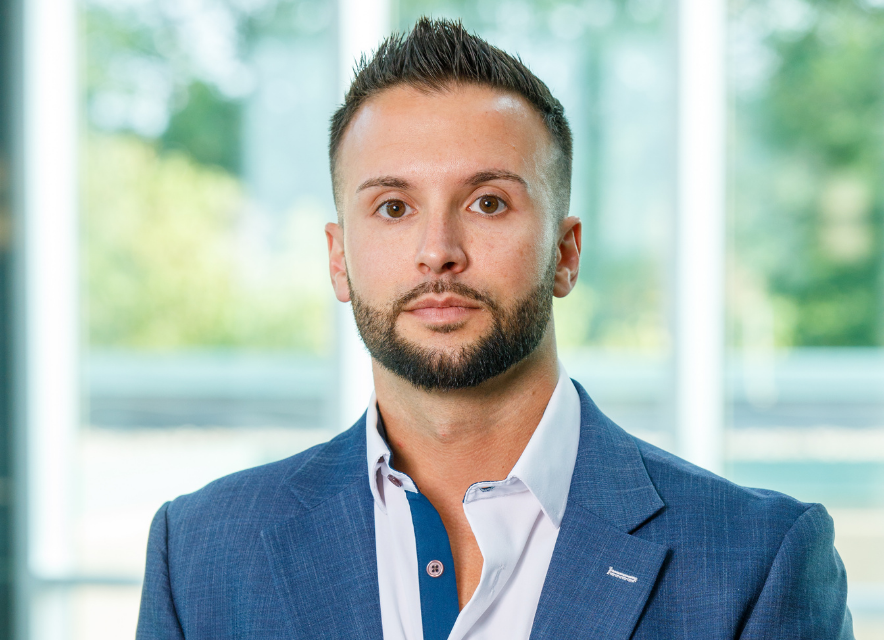
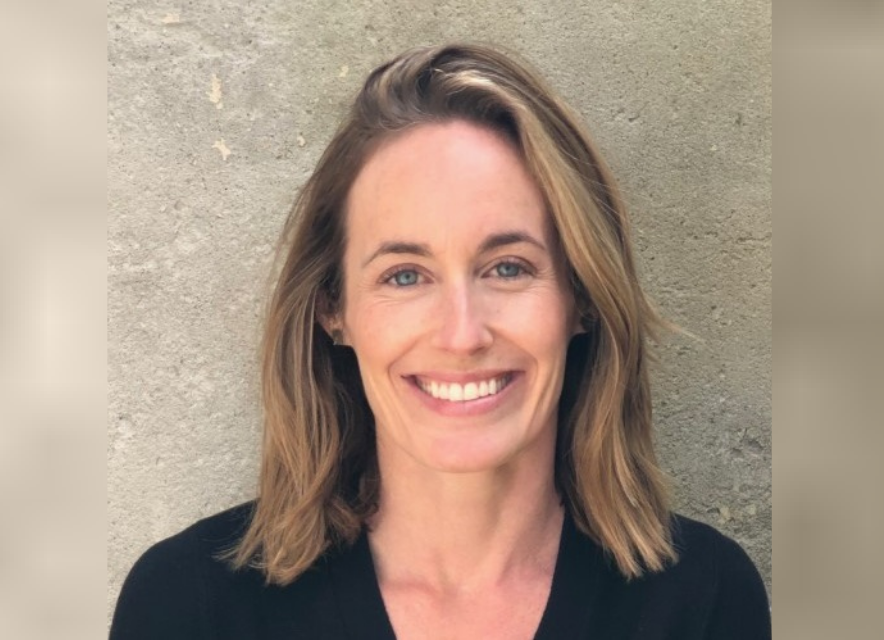
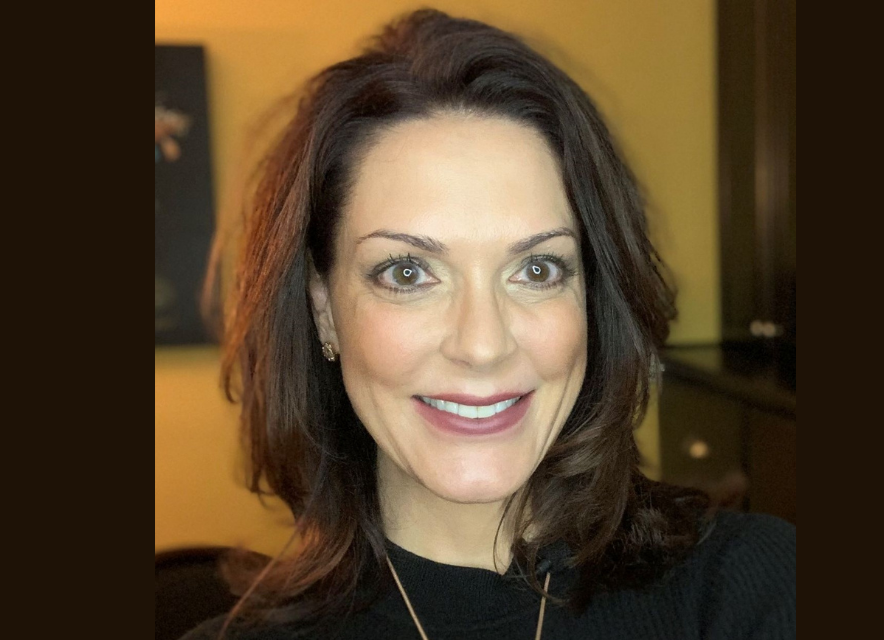
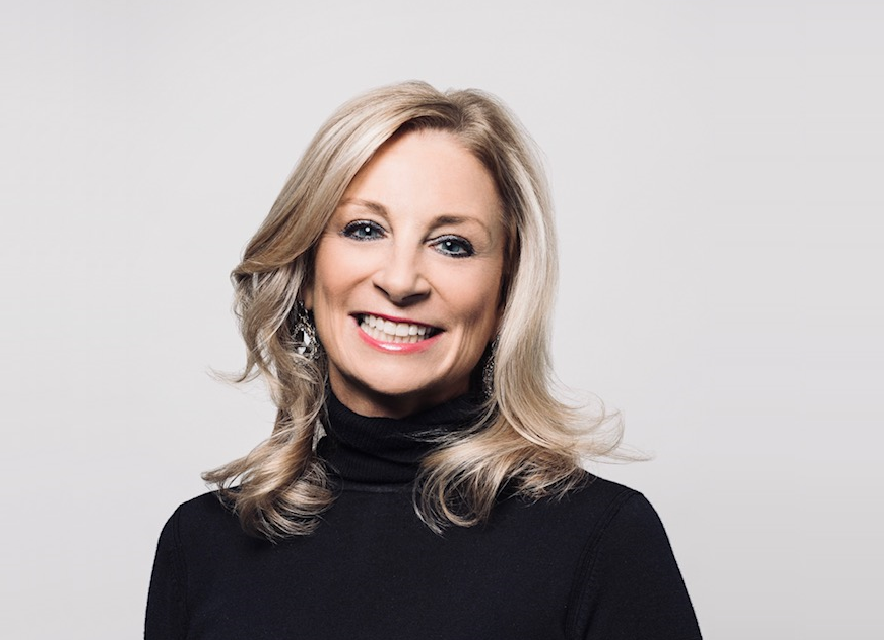
Leave A Comment